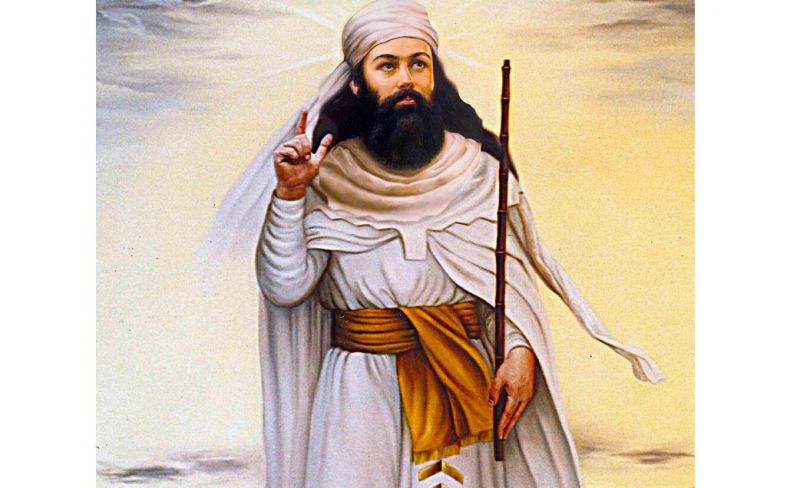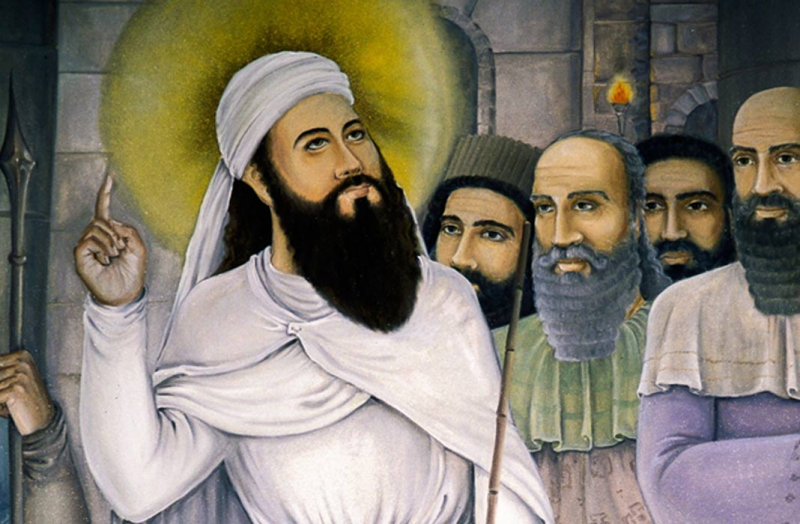Zoroaster
As the religion's spiritual founder, Zoroaster is revered. According to legend, he was an Iranian prophet who started a religious movement that opposed the traditional beliefs of ancient Iran and later gave rise to a religion that was widely practiced in that time period. He spoke Old Avestan fluently and resided in the eastern region of the Iranian plateau, but it is unknown where he was born.
On the time frame of his existence, academics disagree. Using linguistic and sociocultural evidence, some researchers propose a dating to somewhere during the second millennium BC. As a close contemporary of Cyrus the Great and Darius the Great, other researchers place him between the seventh and sixth century BC. From roughly the 6th century BC to the 7th century AD, when the religion itself started to wane after the Arab-Muslim conquest of Iran, Zoroastrianism finally became the official state religion of ancient Iran, particularly during the time of the Achaemenid Empire. The Gathas and the Yasna Haptanghaiti, a collection of hymns written in his native Avestan dialect and representing the essence of Zoroastrian philosophy, are attributed to Zoroaster. Zoroaster is an obscure figure, and the most of what is known about him comes from these few works. No evidence can assign him into a certain era by any contemporary standard of historiography, and the historicization of him may be a continuation of a movement that began before the 10th century AD to historicize legends and myths.








